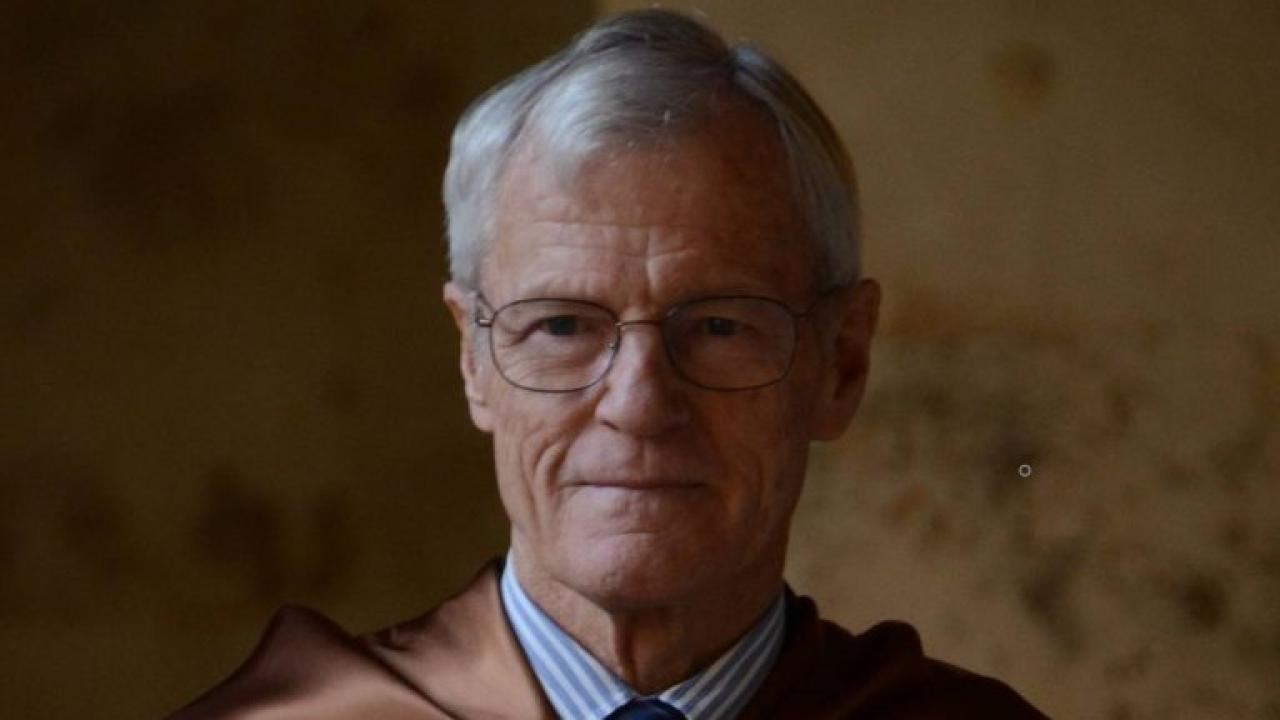
Fluid Mechanics Pioneer: Professor Emeritus Stephen Whitaker
By Aditi Risbud Bartl, originally posted by the UC Davis College of Engineering
Growing up in California’s Carmel woods, near Carmel-by-the-Sea, chemical engineering emeritus professor Stephen Whitaker began his path toward UC Davis as a chemistry major at UC Berkeley in the 1950s. He switched majors to chemical engineering in his sophomore year and was inspired by a new course on unit operations.
Whitaker was intrigued by the principle of ‘lost work,’ in fluid mechanics a scenario in which “everyone knows what it is, but nobody knows how to prove it,” said Whitaker. “I began to think there might be a place for me in the academic world, because I didn’t understand ‘lost work’.”
After graduate studies at the University of Delaware, Whitaker joined the Experimental Research Laboratory at DuPont. As a chemical engineer, he was expected to work in the mass transfer and reactor design area, but he was far more interested in fluid mechanics despite having never taken a course in the subject.
“The folks at DuPont thought that was kind of ridiculous, but I persisted and eventually they gave in,” said Whitaker. He split his days between working in the fluid mechanics group and reading about the topic in the company library. After working at Northwestern University, Whitaker came to UC Davis in 1964 just as the College of Engineering was being formed.
A pioneer in the development of volume averaging theories for flow and transport in porous media, Whitaker wrote a seminal textbook called “The Method of Volume Averaging,” that was published in 1999 and is still used widely today. Whitaker based the textbook on his lectures for UC Davis chemical engineering graduate students, who he taught from 1976 to 2001. He retired in 2003 and now lives on the Mendocino Coast with his wife, Su.
“What stands out for me is my experience working with young engineers,” said Whitaker. “Our graduates should have the same avenues open to them that I did—to be able to attack problems on their own, to be able to advance their own understanding and to make progress that’s beyond what is handed to them in an operations manual. I’ve tried to provide a framework for young engineers to function by themselves.”
This article is based on a video interview conducted by Professor Brian Wood of Oregon State University. Watch the full interview here https://youtu.be/kM0HsdTS-Ug.
